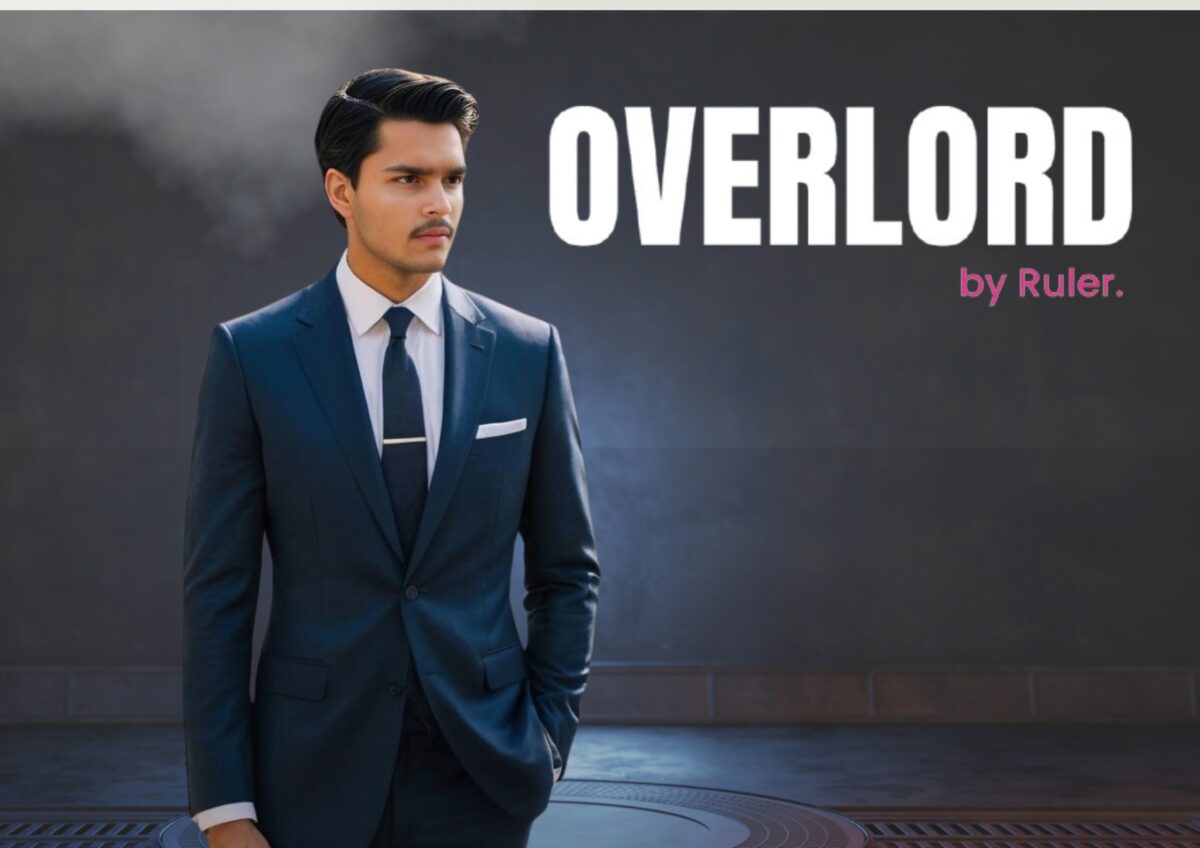
In the journey of building a business, one concept stands out as a cornerstone for success: *MVP (Minimum Viable Product). As Devesh, the visionary founder of *Overlord, aptly puts it, “An MVP is not just a product; it’s a philosophy. It embodies clarity, focus, and adaptability, essential for transforming raw ideas into impactful solutions.”
Let’s delve deeper into the professional perspective of MVP and understand its relevance in the entrepreneurial landscape.
Understanding the Essence of an MVP
Devesh believes that an MVP is the bridge between imagination and reality. It is the simplest version of a product that can be introduced to the market, designed to validate an idea, test hypotheses, and gather user feedback. The goal isn’t to create a perfect product but to lay the foundation for a scalable solution.
He emphasizes, “Think of an MVP as a compass. It doesn’t show you the entire map, but it guides you toward the right direction, helping you focus on what truly matters.”
Why an MVP Matters
Drawing from Overlord’s journey, Devesh highlights several reasons why an MVP is invaluable:
- Real-World Validation:
“Your assumptions may sound great in the boardroom but testing them in the real world is what truly matters,” he shares. An MVP helps entrepreneurs understand whether their solution addresses the actual needs of their target audience. - Efficiency in Resources:
“Resources—be it time, money, or effort—are always limited. An MVP ensures these are invested wisely, focusing on essentials rather than frivolous add-ons.” - Feedback-Driven Growth:
Overlord’s success lies in its ability to listen to users. “An MVP is a conversation starter with your customers. They tell you what’s working and, more importantly, what’s not.” - Early Market Entry:
Speed is often a competitive advantage. Devesh recalls, “Launching our MVP early helped us claim a foothold in the market before others could catch up.”
Devesh’s Professional Advice for Building an MVP
- Start with the Problem:
“Be crystal clear about the problem you’re solving. If your MVP doesn’t address a pain point, it’s just another product in a crowded market.” - Define Success Metrics:
He advises setting measurable goals. “An MVP is successful when it answers specific questions about your product’s viability and market potential.” - Stay Agile:
“The journey from MVP to a full-fledged product is iterative. Be ready to pivot based on feedback, but stay true to your core vision.” - Communicate with Stakeholders:
Devesh stresses the importance of storytelling. “Your MVP is as much about engaging investors, team members, and early adopters as it is about solving a problem. Show them the potential.”
The Overlord MVP Journey
Devesh candidly shares the story of Overlord’s MVP. “Our initial product wasn’t perfect—it had bugs, lacked features, and had a minimalist design. But what it had was clarity of purpose. It solved one critical problem efficiently, and that’s what drew our first customers.”
Feedback from these early adopters was invaluable. “Their insights shaped the evolution of Overlord into what it is today—a comprehensive, user-focused solution.”
For More Insights: For more insights and personal stories, connect with Devesh https://www.linkedin.com/in/devesh-panwar.
A Closing Message from Devesh
Devesh concludes with a powerful thought:
“Every great product starts small. The journey from idea to impact begins with an MVP. It’s not about getting everything right from day one; it’s about taking that first step with purpose and direction. Focus on learning, adapting, and growing.”
Whether you’re a budding entrepreneur or an established professional exploring new ventures, the philosophy of MVP remains a guiding light. Take inspiration from leaders like Devesh, and remember—sometimes, the simplest version of your idea is all you need to start building something extraordinary.

